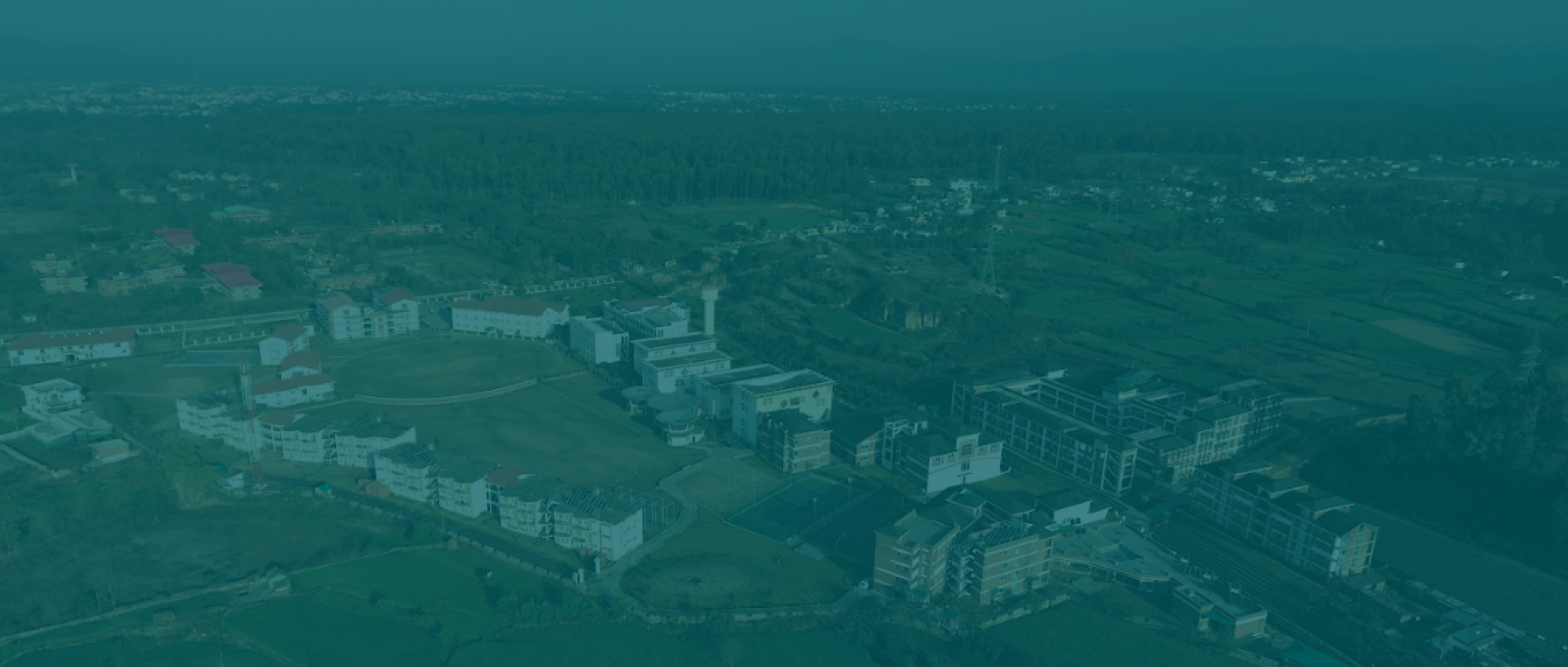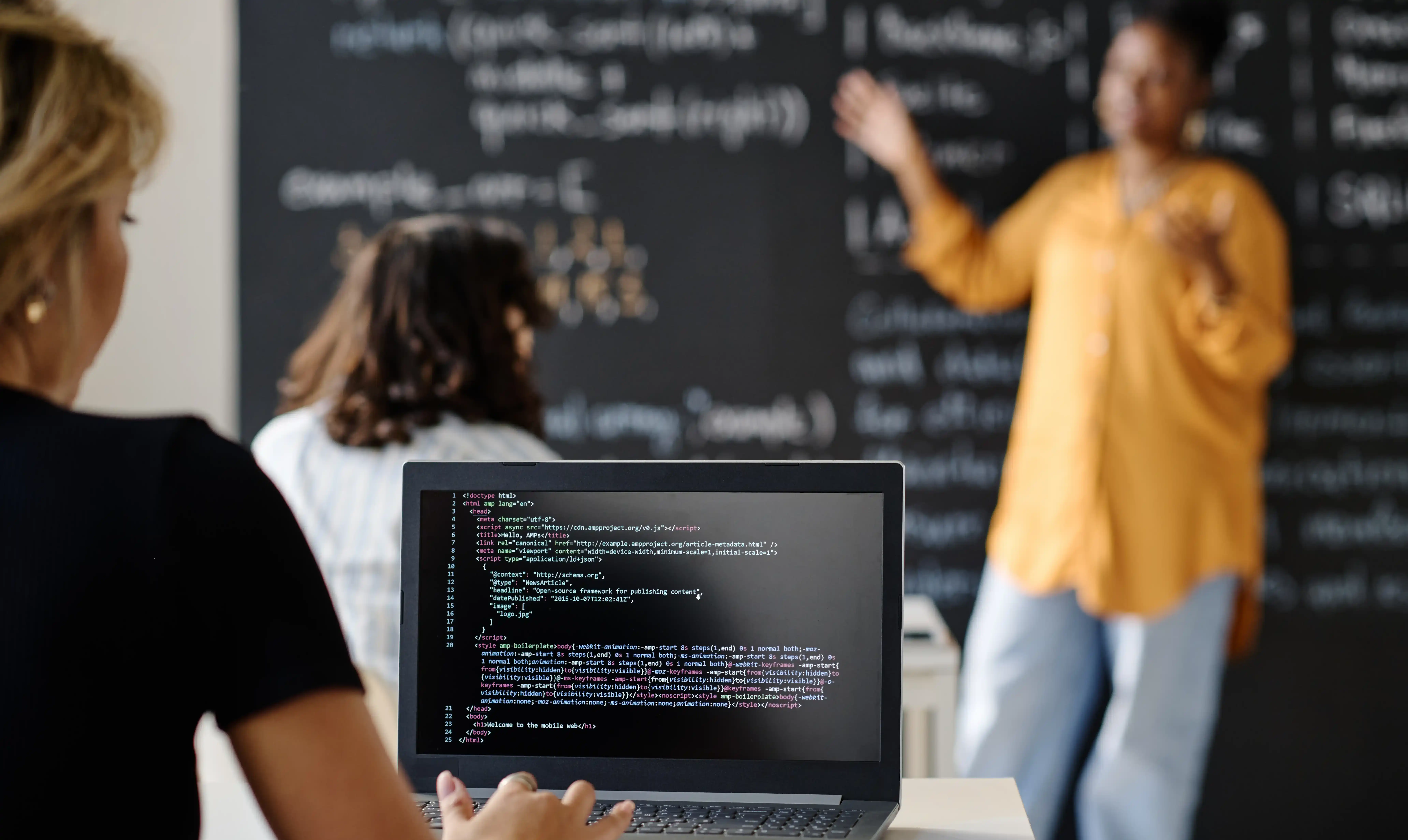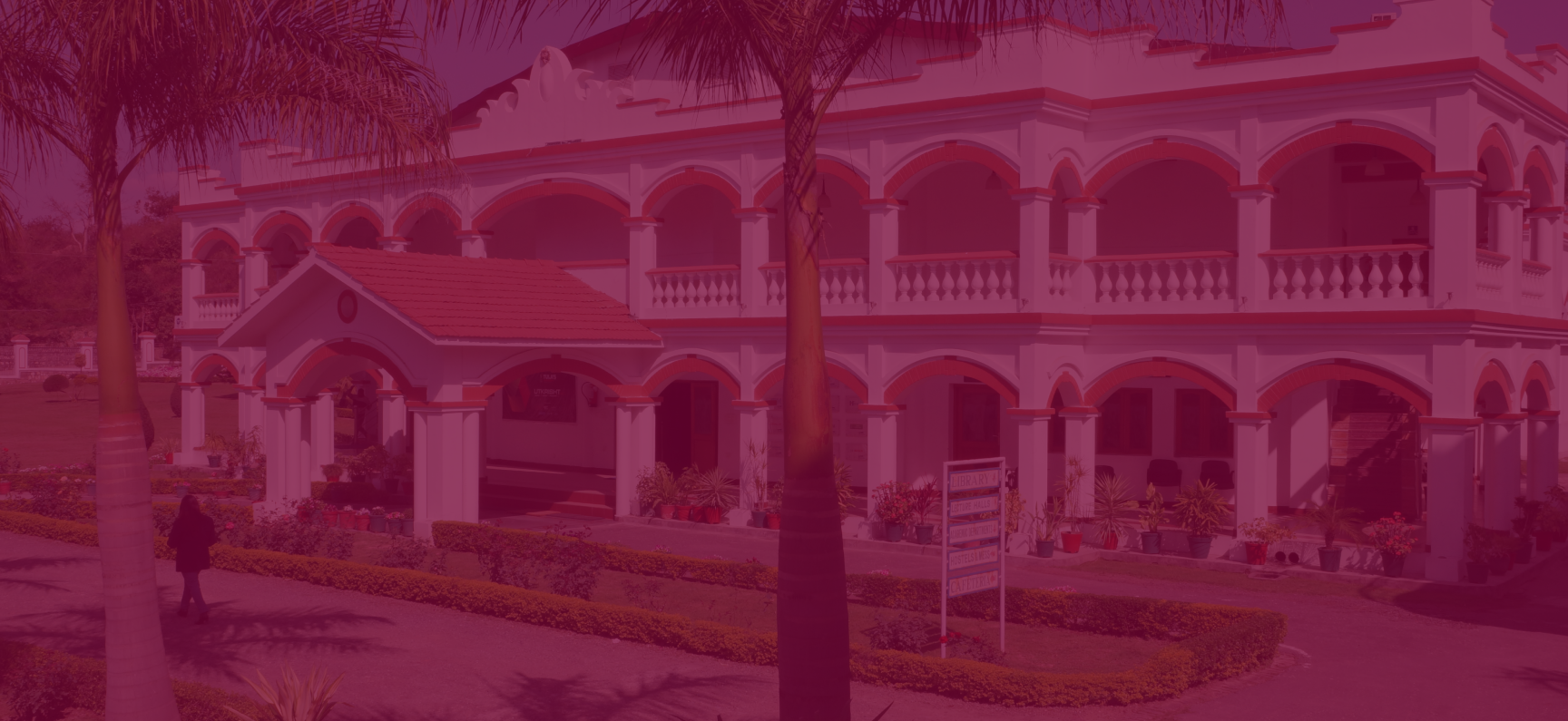





| S.NO | COURSE | DURATION | ELIGIBILITY |
|---|---|---|---|
| 1 | MCA | 2 years | Passed BCA/ Bachelor Degree in Computer Science Engineering or equivalent Degree. Passed B.Sc./ B.Com./ B.A. with Mathematics at 10+2 Level or at Graduation Level (with additional bridge Courses as per the norms of the concerned University). Obtained at least 50% marks (45% marks in case of candidates belonging to reserved category) in the qualifying Examination. |

